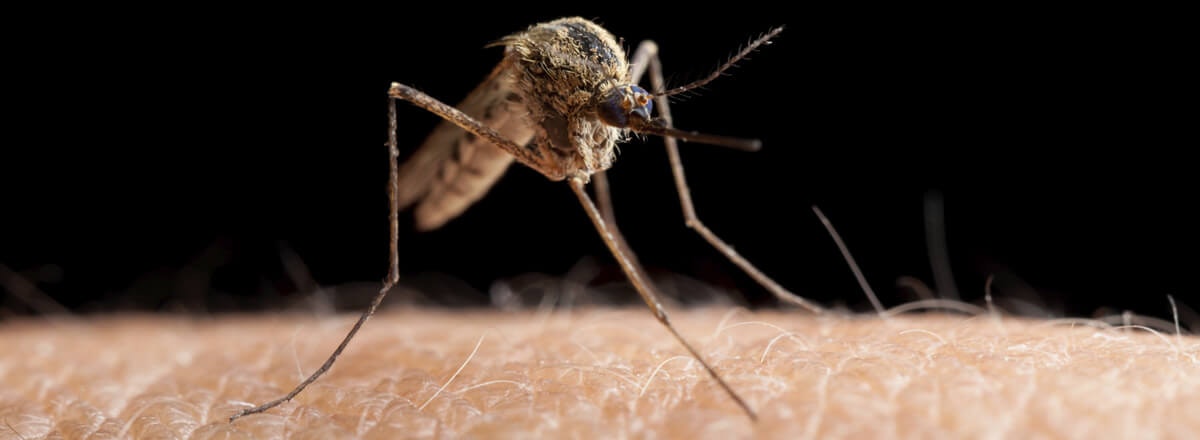West Nile Virus Detected in UK Mosquitoes for the First Time

For the first time ever, West Nile virus (WNV) has been detected in mosquitoes collected in the United Kingdom, according to health officials. The fragments were found in Aedes vexans mosquitoes in Nottinghamshire.
While no human infections have been reported in the UK and the public health risk remains very low, experts warn the detection reflects a growing global trend driven by climate change, which is allowing mosquito-borne diseases to reach new regions.
West Nile virus is spread primarily between birds and mosquitoes, but it can infect humans when bitten by an infected mosquito. In most people, WNV causes no symptoms, but about 1 in 5 may experience fever, headaches, and rash. In rare cases, it can lead to serious brain infections like encephalitis or meningitis.
There is no vaccine or specific treatment for humans.
Why This Matters Globally:
- WNV is already present across Europe, Africa, and the Americas
- Mosquito-borne disease risk is increasing in new regions
- Warmer temperatures may allow native and invasive mosquito species to thrive in unexpected areas
Prevention is key: eliminate standing water, use EPA-registered repellents, and maintain strong surveillance systems.
Visit comptoncreekmad.org to learn how to reduce mosquito risk in your own community.
